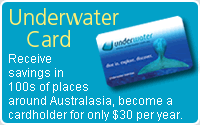- Home
- Directory
- Shop
- Underwater Cameras - Photographic Accessories
- Smartphone Housings
- Sea Scooters
- Hookah Dive Systems
- Underwater Metal Detectors
- Dive Gear
- Dive Accessories
- Diving DVD & Blu-Ray Discs
- Diving Books
- Underwater Drones
- Drones
- Subscriptions - Magazines
- Protective Cases
- Corrective Lenses
- Dive Wear
- Underwater Membership
- Assistive Technology - NDIS
- On Sale
- Underwater Gift Cards
- Underwater Art
- Power Stations
- Underwater Bargain Bin
- Brands
- 10bar
- AOI
- AquaTech
- AxisGo
- Backscatter Underwater Video and Photo
- BLU3
- Cayago
- Chasing
- Cinebags
- Digipower
- DJI
- Dyron
- Edge Smart Drive
- Eneloop
- Energizer
- Exotech Innovations
- Fantasea
- Fotocore
- Garmin
- Geneinno
- GoPro
- Hagul
- Hydro Sapiens
- Hydrotac
- Ikelite
- Indigo Industries
- Inon
- Insta360
- Intova
- Isotta Housings
- Jobe
- JOBY
- Kraken Sports
- LEFEET
- Mirage Dive
- Nautica Seascooters
- Nautilus Lifeline
- NautiSmart
- Nitecore
- Nokta Makro
- Oceanic
- Olympus
- OM System
- Orca Torch
- Paralenz
- PowerDive
- QYSEA
- Scubajet
- Scubalamp
- Sea & Sea
- SeaDoo Seascooter
- SeaLife
- Seavu
- Shark Shield
- Sherwood Scuba
- Spare Air
- StickTite
- Sublue
- Suunto
- SwellPro
- T-HOUSING
- Tusa
- U.N Photographics
- Venture Heat
- XTAR
- Yamaha Seascooter
- Youcan Robot
So you want to be a SCUBA Diving Instructor?
Contributed by Tim Hochgrebe
I have worked as an instructor for about 6 years. I absolutely love it. So I thought I would be able to shed a bit of light on the subject for anyone who is interested in becoming one themselves.
To qualify as an open water instructor you need to be open water, advanced, and rescue diver. Then once completing a dive master course you can do your open water instructor course. It will all cost you about AU$4500 dollars (not including your own equipment, which can be another AU$2000) and on top of that you need 100 logged dives. You need to pass a medical and have a current first aid certificate. So almost anyone can do it. (requirements might vary between different certifying agencies - Ed.) However it is probably a good idea to do a few dives before you decide this is your life's calling as it can be quite different to what you imagine. It took me about 4 years of diving, and 400 dives to become an instructor. As an instructor we only show our students the good bits about diving.
There are many myths about the job of a diving instructor. Students often say to me on those beautiful, sunny days: ' Wow! You've got the best job in the world.' My reply usually is: 'The good days are great, the bad days can be very very hard work.' Fortunately for me the good days outshine the bad by far. I believe this is because I do it for what I consider to be the right reasons for me. I do it for the fish. If you want to become a diving instructor have a think about what your reasons for doing it would be.
Don't do it for the glamour and prestige because there really isn't any. Sure your students may adore and admire you endlessly, but the novelty wears off quick when you realize your fellow instructor (who closely resembles Jabba the Hut) also receives the same affections.
Definitely don't do it for the pay. Getting minimum wage isn't so bad, but having to pay for your insurance and membership costs can come to AU$800 a year, and that's not even including you equipment. So in other words it costs a lot to be an instructor and you wont make a lot of money back. On top of that it's pretty competitive to get the work, it's fairly casual and unpredictable hours when you do. The hours can be long usually staring at 6:30am and finishing at 5pm.The responsibilities are huge. Your student's lives are in your hands. This is not to be taken lightly.
Another responsibility often over looked by instructors is to be a good role model, in and out of the water. Set a good example of how to treat our oceans. Don't throw your cigarette butts on the ground, and speak up when someone else does. I myself don't eat any seafood, in my opinion fish are friends not food and I can't even open a can of tuna without crying. Educate yourself on the marine life and marine park operations in your area. It is not wise to harass marine life or feed them, especially if you have a group of 8 impressionable new divers with you. They may copy your every move for the rest of their diving career. You are their diving guru.
Diving a lot can be physically exhausting as well. You can't party as much as you think. Sure I used to party a lot when I first started instructing. It soon became quite difficult to tell my students not to party much the night before diving when I was turning up for work obviously after being out all night. If you are a smoker you may find it hypocritical to tell your students they shouldn't smoke before diving. If anything serious did go down, you'd be under scrutiny, drug tests, you name it. Keeping yourself in relatively good shape is a good idea too. You'll end up dragging students around a lot of the time.
It tends to be a male dominated industry so you'll have to be able to politely put up with a lot of ego and adrenaline, which can be a bit difficult sometimes being a woman. Far too many times I have worked with male instructors who think they are out on a shag fest, taking advantage of girls who are in a vulnerable environment, and obviously are placing a lot of trust in them. It is down right unprofessional and this should not be a reason for becoming an instructor.
I myself have always really loved fish, at 18 I went to uni studying fish, then realised to study them you have to kill them, this didn't go over very well with me. I left uni to travel, deciding I could get a job playing with the fish instead. I wanted to get people to appreciate fish and the beauty of the underwater world. The highlight of my job is introducing students to the fish. So without boasting too much about how much fun it can be I'll go through the aspects of my job I like best. Working outdoors is great, even if it's rainy, (you get wet anyway,) and it's great exercise. You'll have a fabulous tan even in the middle of winter. I love teaching and working with and meeting so many different people from so many different parts of the world. It's inspiring and hilarious. I will never forget the time my Japanese student asked me if it was time to put on his 'water pants'. One of my colleague travelled Europe staying with all of the students he had kept in touch with over the years. Its possible to travel and work, incorporating something you love while earning a living. The scuba diving where I work is fantastic, you get to know the fish quite personally . I've even managed to kiss one on the lips. In the winter you can hear whales singing under the water. I've taught movie and rock stars how to dive. I get to see dolphins on a regular basis. Most of the crew I work with are like-minded and lots of fun. Some days I would do my job for free. One of the highlights of my so far 6 year career would have to be taking 3 intro divers down to about 12m and seeing a 10 m humpback whale swim past us. One of those intros was so nervous at the surface before the dive I really had to convince her to go, holding hands the whole dive.
Here is a run down of what you will need to be a great instructor: You need to have enthusiasm, even on those cold, rainy, 5m vis days, you'll need patience and empathy, you'll have to be able to walk your talk, and have superb communication skills. Remember a lot of the time you will not be able to talk to your students, you may have to guess what they are feeling underwater and reassure them without saying a word. Get a lot of diving experience, in a lot of different types of diving environments. Before you sign up ask yourself: 'Am I completely comfortable with myself underwater in any circumstance?'. Once an instructor you will be taking people diving who are stressed out, squeezing your hand so tight it turns blue. They will throw up on you, they will be learning how to dive because they want to get over their fear of the ocean, they may be the complete opposite of a very nervous person and off from you the first chance they get, they may drop their weight belt and shoot to the surface while holding their breath, another may inflate their BC to ascend. They could all be in the same class. You need to be organized and confident. Another skill good to have is the ability to sell dive gear. Diveshops will love you if you are able to advice your students and other divers visiting the shop on what dive gear to purchase. Besides you can earn a commission
Do it for the right reasons. Do it because you love scuba diving more than anything else, do it because you love teaching and don't mind having a huge amount of responsibility. If you are properly trained and prepared it could be your dream job.
Name withheld on request.Shopfront
-
 AquaTech V3K V3 Photo/Video Light - 5600 Lumens
AquaTech V3K V3 Photo/Video Light - 5600 Lumens
- Price A$ 549.00
-
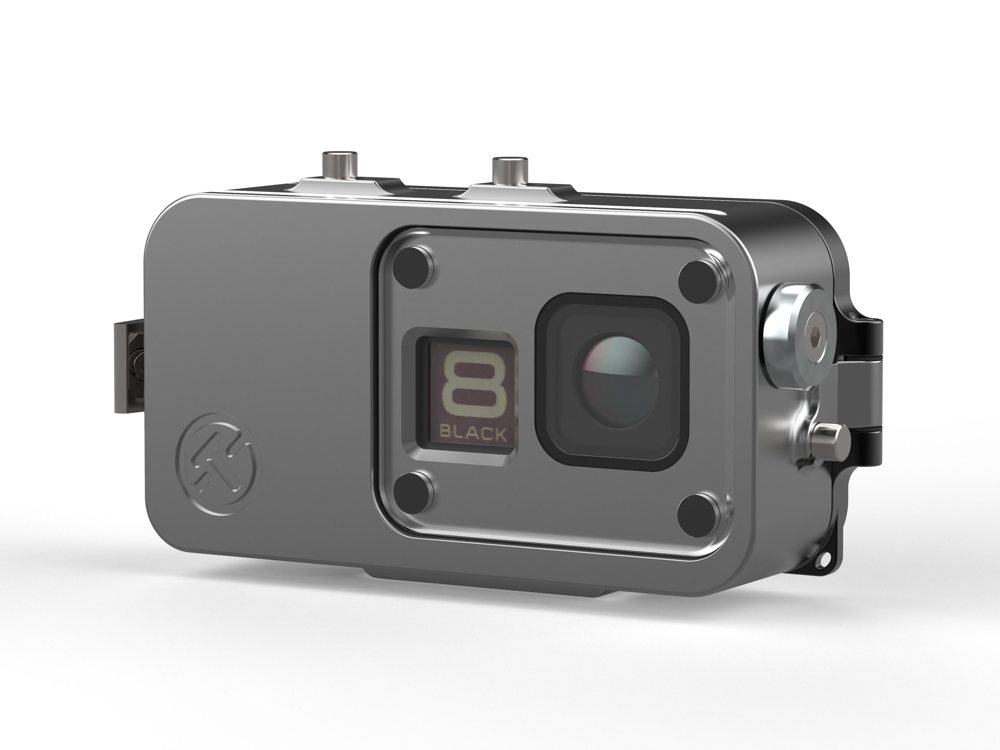 T-Housing Aluminium Deepdive Housing H8ENERGY for GoPro Hero 8
T-Housing Aluminium Deepdive Housing H8ENERGY for GoPro Hero 8
- Price A$ 579.00
-
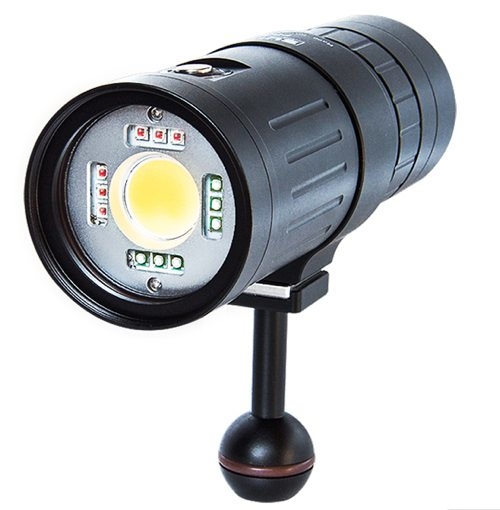 Scubalamp P53 LED Video/Photo Strobe Light - 5000 lumens
Scubalamp P53 LED Video/Photo Strobe Light - 5000 lumens
- Price A$ 699.00
-
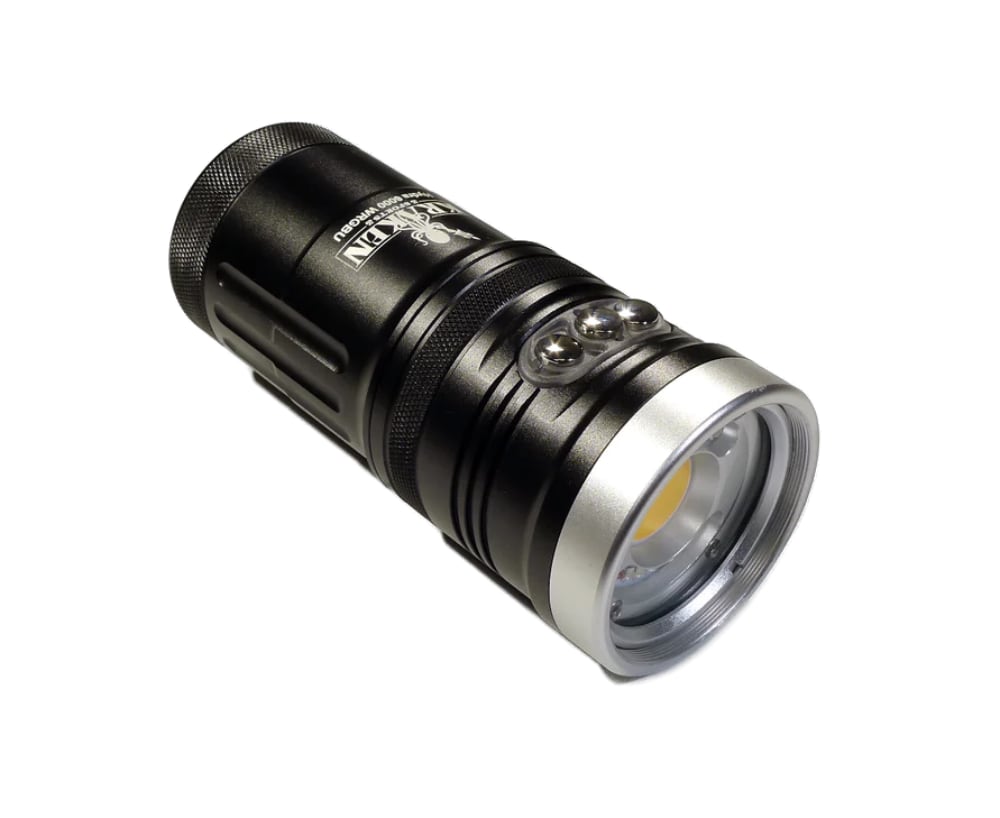 Kraken Hydra 6000 WRGBU
Kraken Hydra 6000 WRGBU
- Price A$ 899.00
-
 SeaLife - SportDiver Underwater Smartphone Housing
SeaLife - SportDiver Underwater Smartphone Housing
- Price A$ 599.00
-
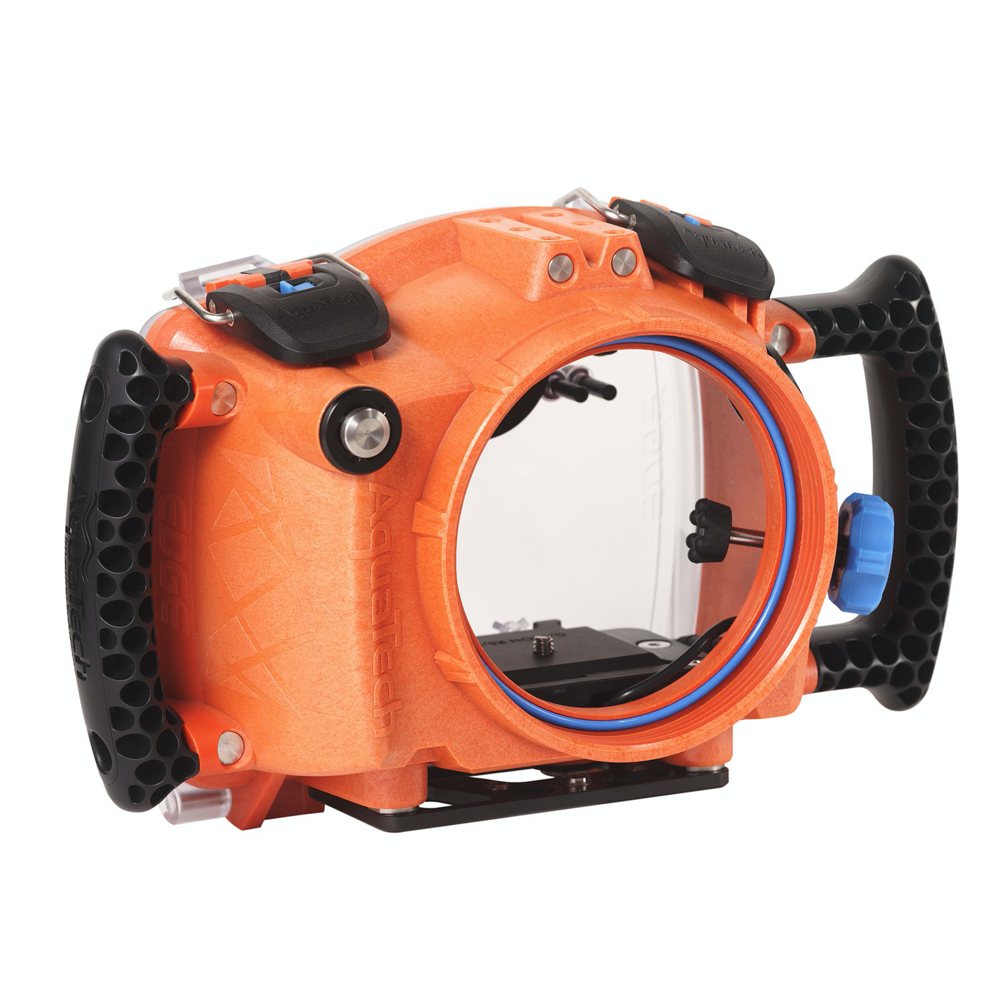 AquaTech EDGE Pro Camera Water Housings - Sony mirrorless
AquaTech EDGE Pro Camera Water Housings - Sony mirrorless
- Price A$ 2,149.00
In the Directory



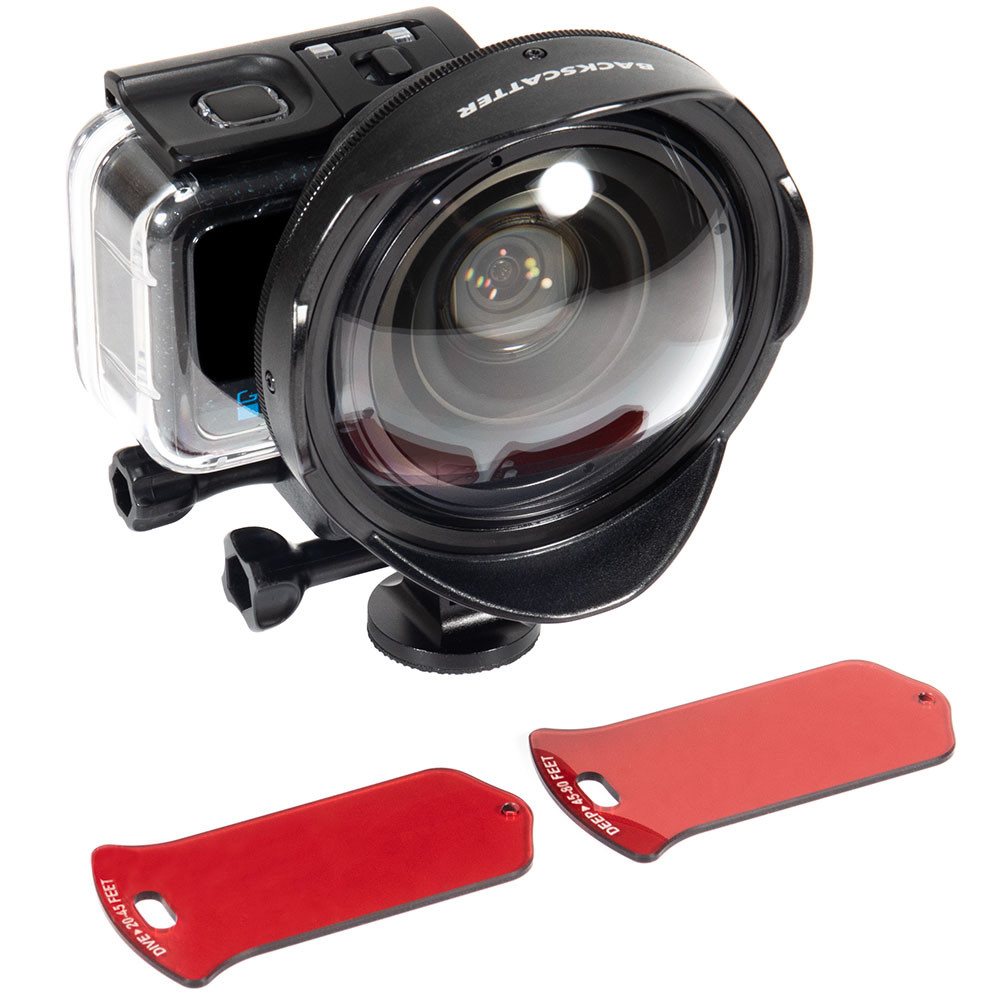



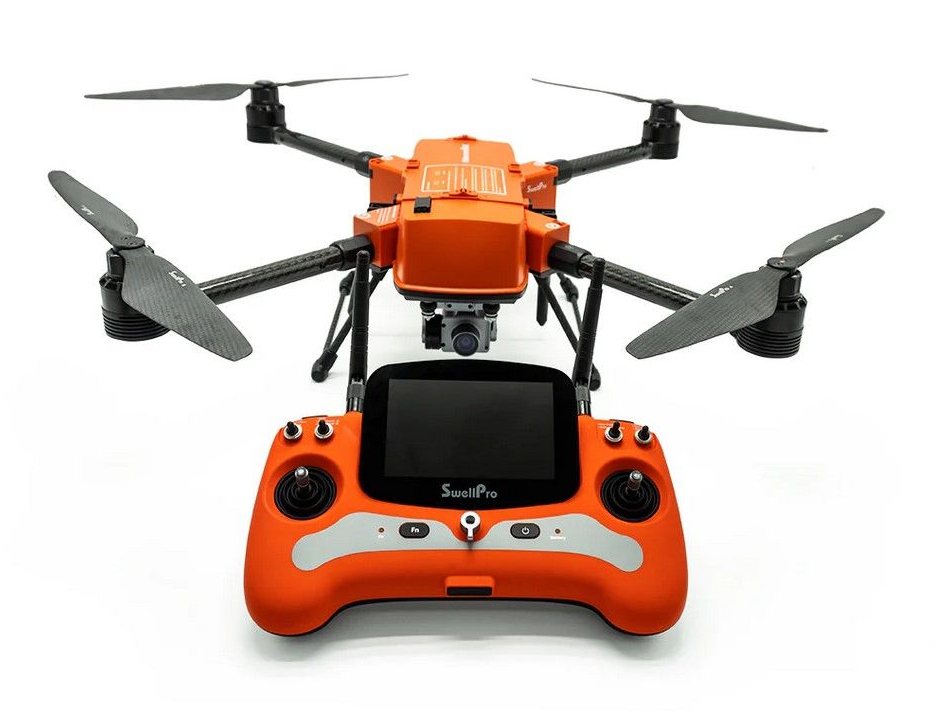
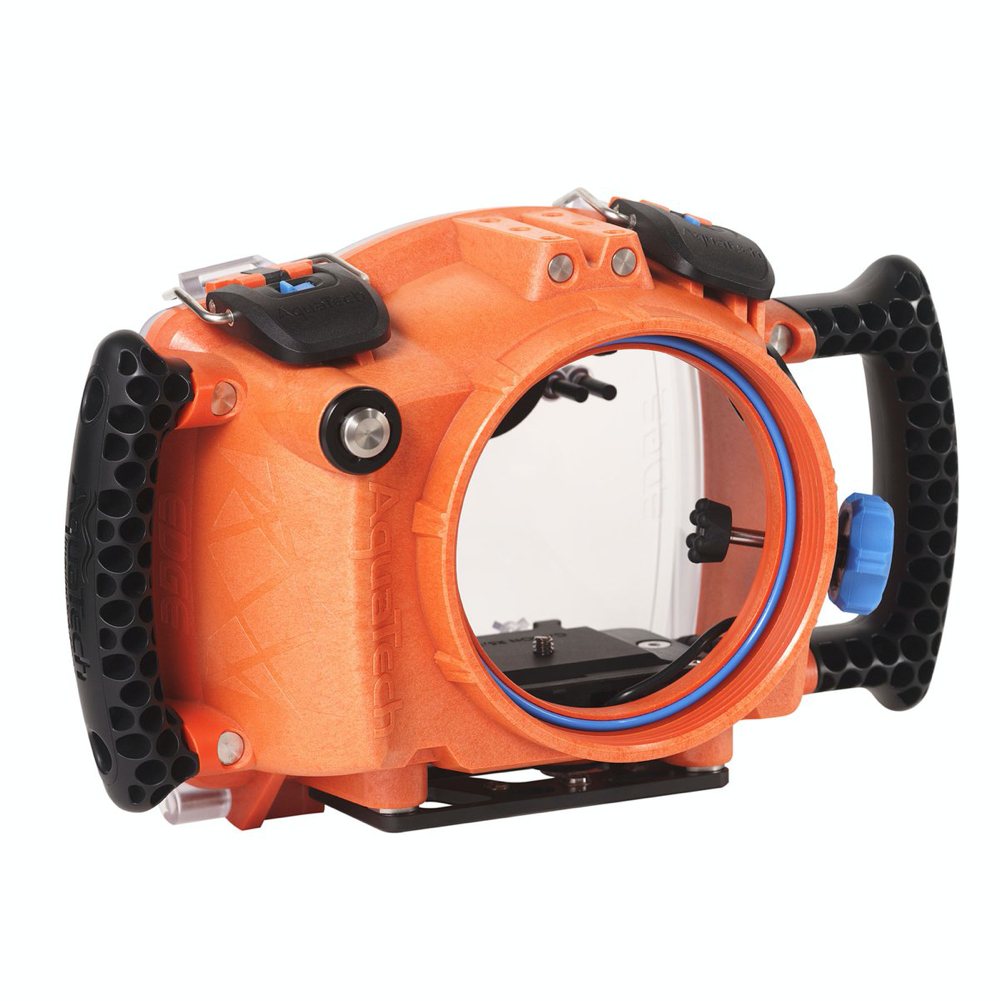

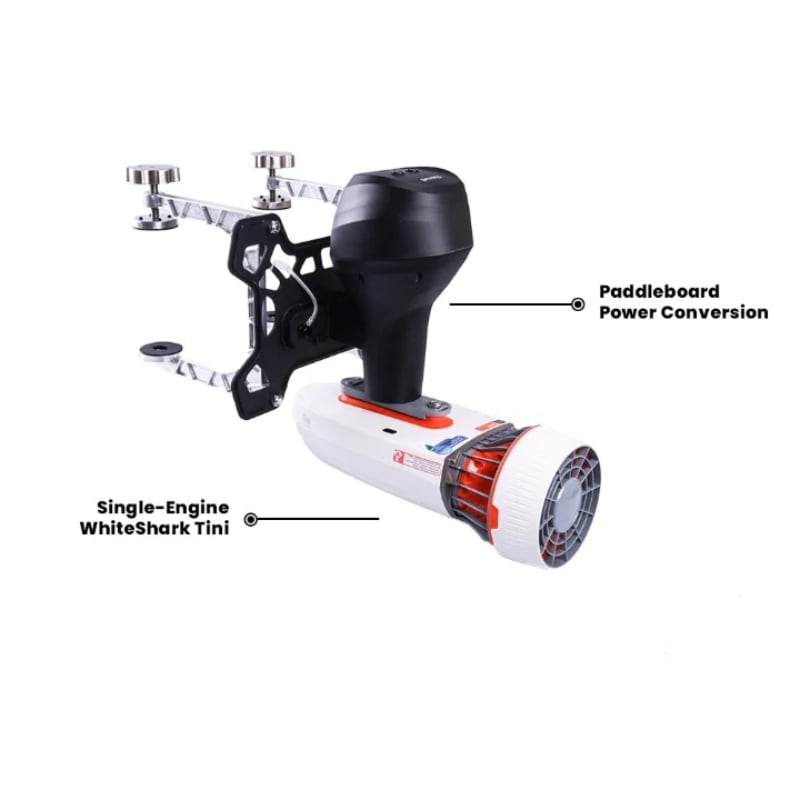
 Dual Beam Video Light Package with tray and arms - 4000 lumens - Scubalamp PV21 x 2
Dual Beam Video Light Package with tray and arms - 4000 lumens - Scubalamp PV21 x 2  SeaLife Sea Dragon 3000F with Color Boost™ Auto Photo/Video Light
SeaLife Sea Dragon 3000F with Color Boost™ Auto Photo/Video Light 




